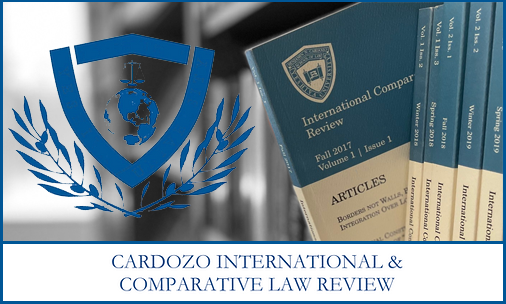Document Type
Blog Post
Publication Date
4-25-2022
Graduation Year
2023
Abstract
The international governance of freedom of speech involves a few moving parts: The UN Guiding Principles on Corporate Responsibility (UNGPs), the International Covenant on Civil and Political Rights (ICCPR), governments who legislate on restricting speech, and companies who are tasked with reconciling the conflicting directions of the three sources. The UNGPs direct companies to adhere to international human rights standards governing freedom of speech, and the ICCPR provides that international human rights standard. Though the ICCPR is directed to ratifying governments who implement laws to restrict speech rather than companies, as stated by many scholars, the ICCPR is most prominent standard and is the international human rights standard that companies should abide by per the UNGPS direction. Additionally, it is this standard companies should have in mind when a government enacts a misinformation law that heavily restricts freedom of expression. However, the UNGPs are not a legally binding framework and the U.S. government has only encouraged, not mandated, their implementation. The lack of influential enforcement is one of the framework’s major pitfalls, which may call for change.
This post was originally published on the Cardozo International & Comparative Law Review on April 25, 2022. The original post can be accessed via the Archived Link button above.
Recommended Citation
Sivin, Amanda, "Freedom of Expression and Corporate Social Responsibility" (2022). Cardozo International & Comparative Law Review (CICLR) Blog. 46.
https://larc.cardozo.yu.edu/ciclr-online/46



